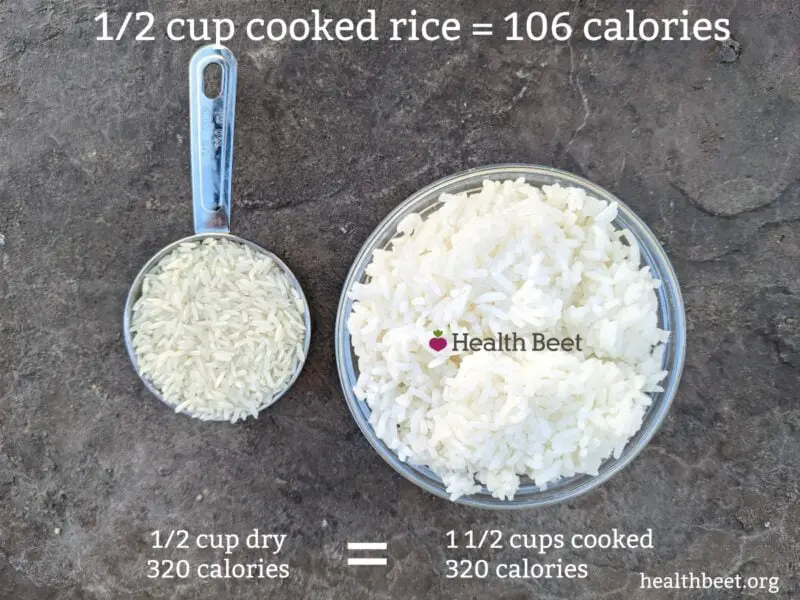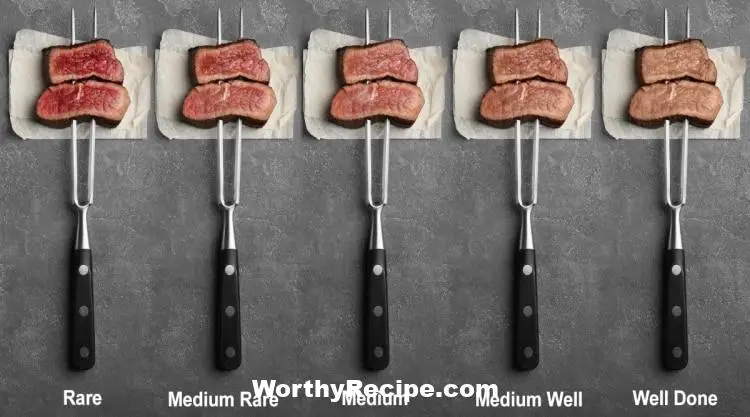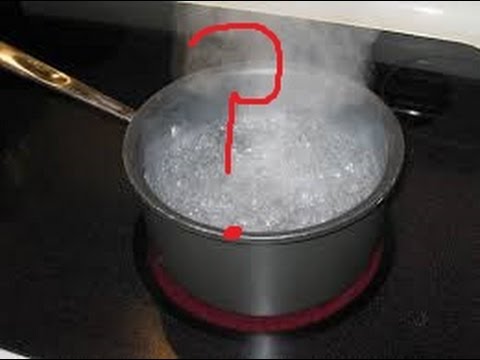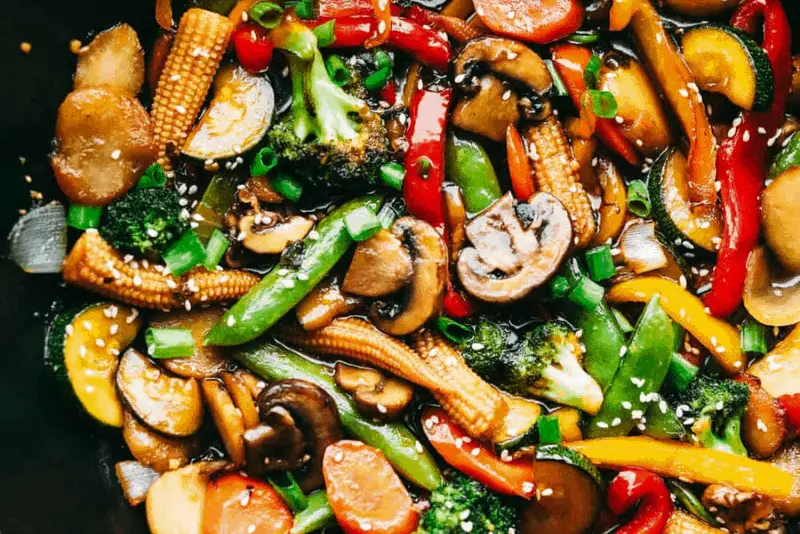Have you ever come across a recipe that required rice cooking wine and wondered if it was still okay to use the one that’s been sitting in your pantry for a while? In this article, we’ll answer the question: does rice cooking wine expire? We’ll also discuss what rice cooking wine is, its shelf life, how to tell if it has expired, and ways to extend its shelf life. Additionally, we’ll cover recipes featuring rice cooking wine, alternatives to this type of wine, and tips for cooking with it.
What is Rice Cooking Wine?
Rice cooking wine is a type of Chinese wine made from fermented glutinous rice. It is commonly used in Asian cuisine for marinades, stir-fries, sauces, and soups. Although similar to regular wine, it has a lower alcohol content (typically around 14%) and is saltier due to the addition of salt during production.
Rice cooking wine comes in different types, including Shaoxing (a popular variety from China), mirin (a sweet Japanese rice wine), sake (a Japanese alcoholic beverage made from fermented rice), and dry sherry (a fortified wine). The choice of rice cooking wine depends on the specific recipe and personal preference.
Shelf Life of Rice Cooking Wine
The shelf life of rice cooking wine depends on various factors such as the ingredients used, storage conditions, and whether it’s opened or unopened. Generally speaking, unopened rice cooking wine can last up to five years when stored in a cool and dark place away from direct sunlight.
Once opened, the shelf life of rice cooking wine decreases significantly due to exposure to air. An opened bottle can last up to six months or less if not stored properly. If you want to prolong the shelf life of your opened bottle, store it in the refrigerator.
The signs that rice cooking wine has expired include a sour or off smell, cloudiness or sediment, and a change in taste. If you notice any of these signs, it’s best to dispose of the rice cooking wine.
Can You Still Use Expired Rice Cooking Wine?
Using expired rice cooking wine can be risky as it can affect the taste and quality of your dish or even cause food poisoning. It’s best to err on the side of caution and avoid using expired rice cooking wine.
If you have expired rice cooking wine, there are safe ways to dispose of it. One option is to use it for cleaning purposes since the acidic nature of rice cooking wine can help remove stains and grime. Another option is to pour it down the drain, but be sure to dilute it with water first to prevent damage to your pipes.
Ways to Extend the Shelf Life of Rice Cooking Wine
To prolong the shelf life of unopened rice cooking wine, store it in a cool and dark place away from direct sunlight and heat. You can also transfer it into an airtight container with a screw cap or cork for added protection from air exposure.
- Store opened rice cooking wine in the refrigerator
- Recork or rescrew the cap tightly after use
- Avoid exposure to air by pouring out what you need and immediately recapping the bottle
- Avoid storing in humid places such as under the sink or near stove burner where there’s high heat exposure
When buying rice cooking wine, look for varieties that do not contain preservatives as they may have a longer shelf life and fewer chances of going bad. Also, be sure to buy rice cooking wine from a reputable source.
Recipes Featuring Rice Cooking Wine
Rice cooking wine is a versatile ingredient in various Asian dishes. Some popular recipes that use this type of wine include:
- Beef and broccoli stir-fry
- Sweet and sour chicken
- Moo shu pork
- Kung Pao shrimp
- Peking duck
Rice cooking wine can also be used to marinate meat, poultry, or seafood before grilling or roasting.
Alternatives to Rice Cooking Wine
If you don’t have rice cooking wine on hand or if you want to avoid using it altogether, there are other types of vinegar and alcohol that you can substitute. Here are some options:
- Dry white wine or red wine
- Apple cider vinegar or white distilled vinegar
- Lemon juice or lime juice
- Dry vermouth or marsala wine (for a sweeter taste)
- Soy sauce mixed with sugar (for a similar salty and sweet taste)
Keep in mind that these alternatives might affect the taste and texture of your dish differently than rice cooking wine, so adjust the amount accordingly.
Tips for Cooking with Rice Cooking Wine
If you’re using rice cooking wine in a recipe for the first time, here are some best practices to follow:
- Use rice cooking wine sparingly as it has a strong flavor and may overpower other ingredients
- Don’t use rice cooking wine to replace salt in the recipe as it already contains salt
- Choose the appropriate type of rice cooking wine based on the recipe
- If you’re using mirin, reduce the amount of sugar or corn syrup in the recipe as mirin is already sweet
- If you’re reducing a sauce with rice cooking wine, be patient and allow enough time for the alcohol to evaporate completely
Conclusion
Rice cooking wine is an essential ingredient in many Asian dishes due to its unique salty flavor and versatile uses. While it has a relatively long shelf life when unopened, opened bottles can expire quickly if not stored correctly. Expired rice cooking wine can be risky when used in cooking, so it’s best to dispose of it safely. By following proper storage techniques and best practices while using it in your recipes, you can ensure that you get the best out of this special type of wine.
Frequently Asked Questions
1. Can rice cooking wine be refrigerated to prolong its shelf-life?
Yes, you can refrigerate unopened rice cooking wine to extend its shelf-life for up to 2 years. However, once opened, it should be consumed within a year, even if refrigerated.
2. Does rice cooking wine become poisonous after expiration?
No, it does not become poisonous, but it may begin to lose its delicate flavors and aroma after expiration. Therefore, it is recommended that you check the expiry date before using it and discard any expired wine.
3. What are the signs that rice cooking wine has gone bad?
The most common sign that rice cooking wine has gone bad is a pungent or vinegar-like odor. Additionally, changes in color or taste may indicate spoilage and should be avoided.
4. What is the best way to store rice cooking wine?
Rice cooking wine should be stored in a cool, dry place, away from sunlight, heat sources, or moisture. Once opened, tightly seal the bottle or transfer to an airtight container and store in the fridge to prolong freshness.






